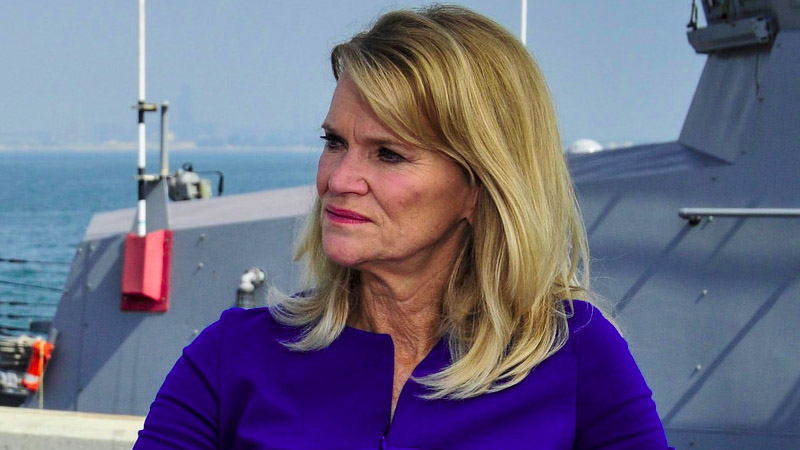ABC host Martha Raddatz confronted a surrogate for Donald Trump after the former president made a controversial statement to a group of Christians, suggesting they would never need to vote again if he were elected in 2024.
“You won’t have to do it anymore,” Trump told the group. “You won’t have to vote anymore. My beautiful Christians, I love you, Christians.” On Sunday, Raddatz pressed Gov. Chris Sununu (R-NH) to clarify Trump’s remarks.
“Former President Trump is facing some backlash for those comments Friday night, saying his supporters won’t have to vote again in four years,” Raddatz stated. “Governor, what the heck did he mean there?” Sununu responded with a chuckle, “Well, I think that was a classic Trumpism, if you will. I think he’s just trying to make the point that this stuff can be fixed.”
He elaborated, “Obviously, we want everybody to vote in all elections. But I think he was just trying to make a hyperbolic point that it can be fixed as long as he gets back into office and all that.” “But, you know, classic Trump right there,” Sununu concluded.
Raddatz did not linger on the topic and quickly moved on to another subject. However, the brief exchange highlighted the ongoing controversy and confusion surrounding Trump’s remarks. Critics argue that such statements undermine the democratic process by suggesting that a single election could eliminate the need for future voting, a fundamental aspect of a democratic society.
Trump’s comment has sparked widespread debate and criticism, with many emphasizing the importance of every election and the right of citizens to vote. Despite Sununu’s attempt to downplay the remark as hyperbole, the backlash underscores the sensitivity and significance of electoral participation in American democracy. As the 2024 election approaches, comments like these will likely continue to be scrutinized and debated, reflecting the broader tensions and challenges in the current political landscape.

